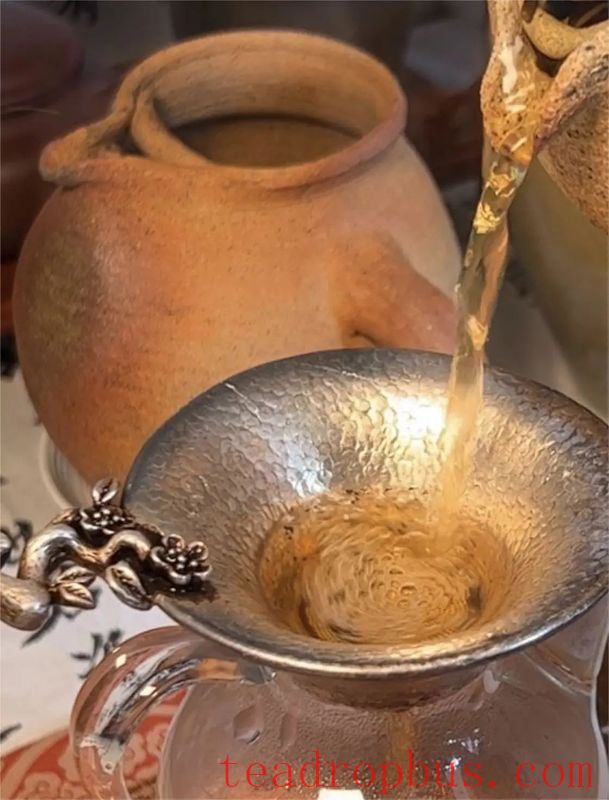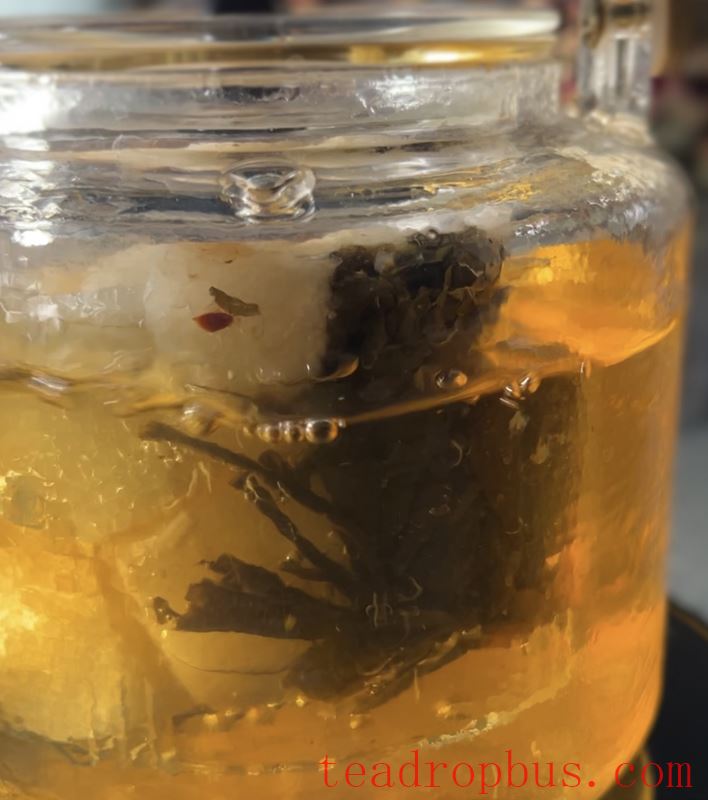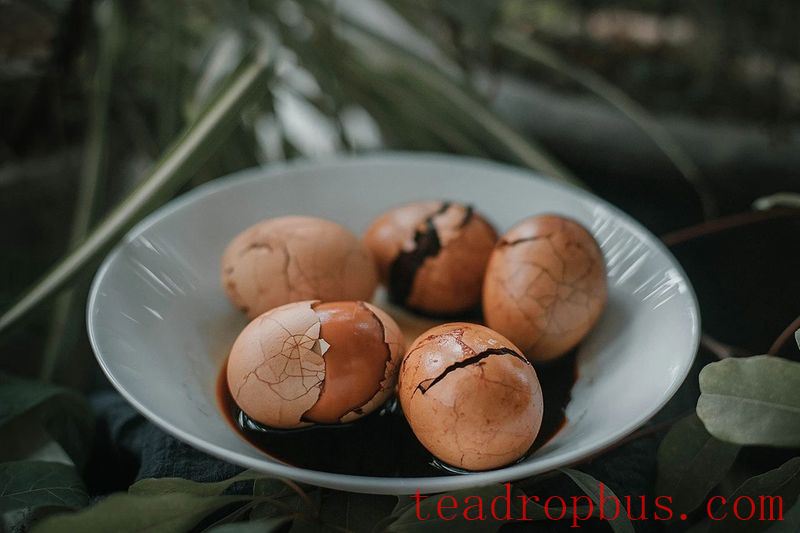Confronted with the frigid air from Siberia, we turn to Tea for warmth. The billowing steam from a teapot on the stove brings a sense of tranquility and comfort. For this reason, brewing tea around a stove has become popular as winter sets in. From a professional standpoint, what kind of tea is suitable for brewing, and how should it be done?
Let's discuss this today.

@Head of the Tea Digging Club:
Some say that Pu'er tea tastes better when brewed, but Secretary-General of the National Technical Committee on Tea Standardization and Associate Researcher at the National Supervision and Inspection Center for Tea Quality, Weng Kun, clearly states, “Pu'er tea is best enjoyed through steeping rather than brewing.” Brewing can easily result in a concentration that is too high, which can strain the spleen and stomach. Moreover, it is difficult to control the aroma and taste. Only old teas with coarse leaves are suitable for brewing, but the time should be controlled to between three to five minutes, and should not be extended.
From a functional perspective, I still recommend steeping tea using a lidded bowl or a clay teapot. Boiling tea can destroy some beneficial compounds within the tea, such as vitamins. Furthermore, brewing tea requires certain conditions; the tea must be robust enough to withstand the process. Tender teas, like those with one bud and one or two leaves, do not fare well in brewing. Generally, leaves that are more woody, such as the third and fourth leaves, are more suitable. However, teas with one bud and one or two leaves contain the richest compounds and have the highest nutritional value; the third and fourth leaves, which are about 15 to 20 days old, have lower nutritional content. Brewing these teas is time-consuming and does not maximize their Health benefits, so I do not recommend brewing as a method of consumption.

@Xiao Chen Tea Affairs – Village Girl Chen
What types of White Tea are suitable for brewing?
In theory, aged white teas can be brewed. Whether Silver Needle, White Peony, or Shoumei, loose or compressed, they can all be brewed. However, in practice, more people tend to brew aged Shoumei, especially compressed teas.
One reason is that aged Silver Needle and White Peony are expensive and rare. These precious aged white teas reveal their true flavors when steeped in a lidded bowl. Therefore, most experienced tea drinkers choose to steep first before brewing, rather than brewing the dry leaves directly, as that would be wasteful.
On the other hand, aged Shoumei compressed teas have a rich and sweet flavor. After brewing, they have a distinct character. The thick stems and broad leaves of Shoumei contain large amounts of soluble sugars and pectin. After being compressed and aged, they develop a strong jujube aroma. Even when brewed directly, one can enjoy a smooth, delicate, and fragrant infusion that is neither bitter nor astringent, with a long-lasting aftertaste.
Of course, everyone has different preferences in tea.
Some prefer the freshness of loose leaf tea and use a lidded bowl to steep it. Others prefer the richness of compressed tea and find brewing more convenient. Both methods are acceptable, and the choice depends on personal preference. As long as the steps are followed correctly, one can enjoy the perfect aroma and taste of good tea.

@Tea News
Ingredients: Eggs (for 10 eggs), salt to taste, dark soy sauce to taste, 15-20g of tea leaves, 5 star anise, small piece of cassia bark, a small amount of Sichuan pepper, 5 bay leaves, 1 cardamom pod, 5g fennel seeds.
Instructions:
1. After gathering all the ingredients, clean the eggs and boil them. Once cooked, remove them and gently crack the shells using a spoon or spatula.
2. Add an appropriate amount of water to the pot along with the spices and tea, and bring to a boil. Once boiling, add the dark soy sauce and salt, then place the eggs in the pot to cook together.
3. Cover the pot and simmer over medium-low heat for about 12 minutes. Turn off the heat and let the eggs soak for at least 9 hours (the longer they soak, the more flavorful they become; ideally, start cooking before going to bed and leave them overnight). By morning, the eggs will be ready to eat.
Note: The type of tea is not fixed, you can use your favorite tea. Adjust the spices according to your taste preferences.

Source: Pu'er Magazine
If there is any infringement, please contact us to remove it.